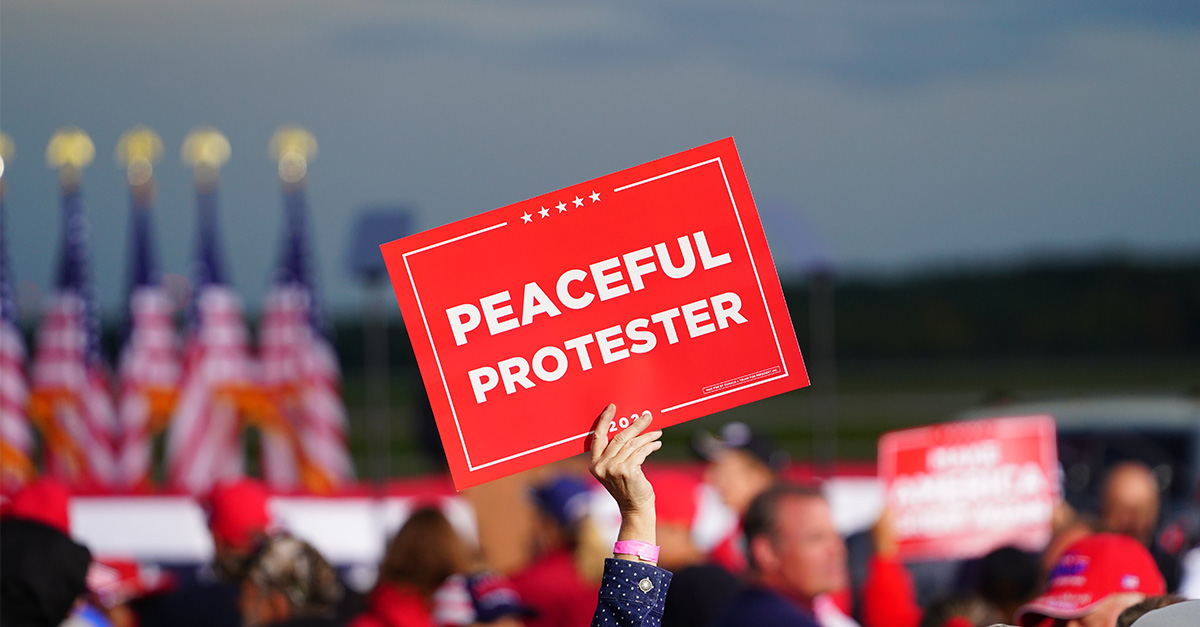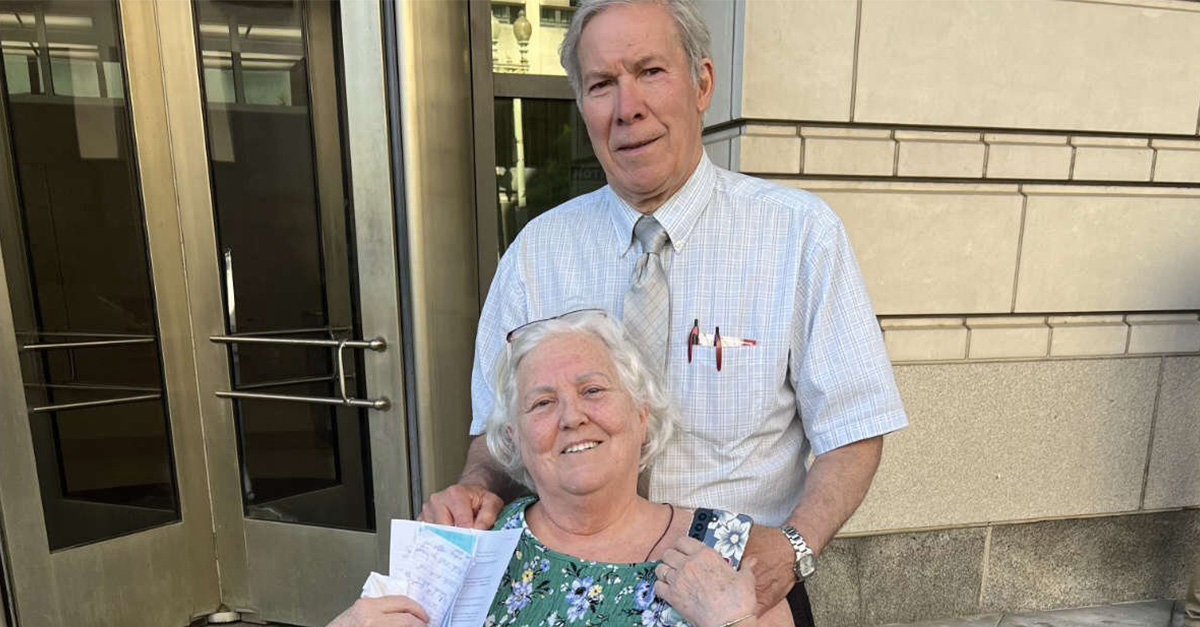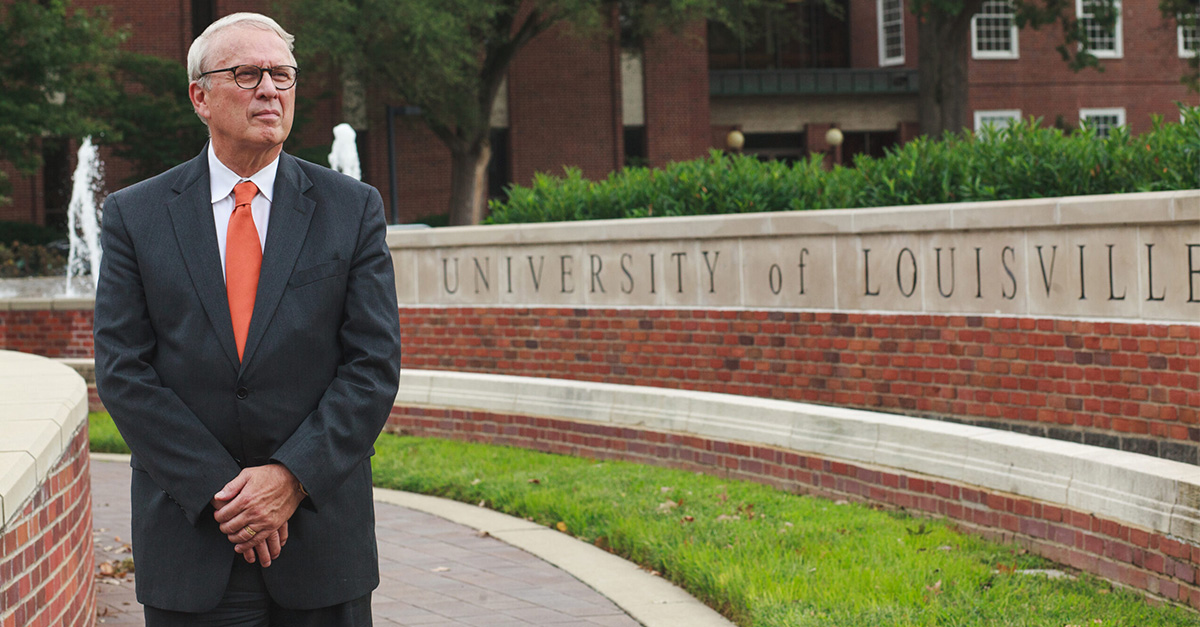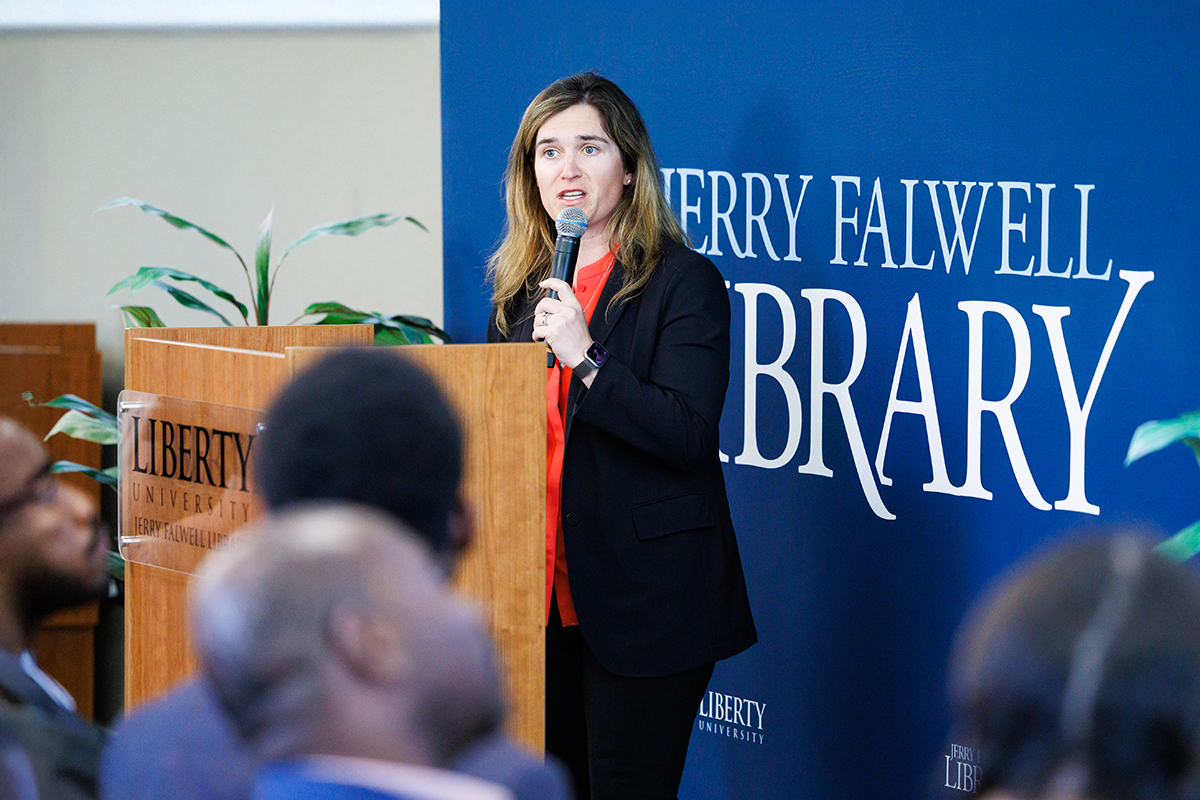


Get a free copy of Parental Rights & Education when you subscribe to our newsletter!

Our response to unfavorable outcomes must be grounded in our faith. Through prayer and reflection, peaceful protests, community engagement, and political action, we can work to right wrongs and make our voices heard while also embodying the teachings of Christ.
Given the unprecedented verdict concerning Donald Trump and the possible jailing of a Presidential candidate, along with ongoing disruptive anti-Israel protests on college campuses, there’s a question that many Americans are asking: Could we be on the brink of another social upheaval reminiscent of the 2020 “Summer of Love”?
While protests and free speech are fundamental to our democracy, the recent Trump verdict and other seemingly weaponized arrests and sentences urge us to consider how conservatives, especially Christians, should respond to unfavorable activities and outcomes without succumbing to violence.
Protests and free speech are the bedrock of American democracy, a principle deeply embedded in the fabric of our nation’s history. The Boston Tea Party of 1773 is a prime example of this spirit. Faced with oppressive taxation without representation, American colonists boldly protested by dumping British tea into Boston Harbor. This act of defiance catalyzed the American Revolution and underscored the power of protest to effect change.
In their ideal form, protests constitute a peaceful assembly of individuals united by a shared cause to initiate dialogue and facilitate meaningful change. This core principle is enshrined in the First Amendment, safeguarding our rights to free speech and peaceful assembly. The key to success lies in maintaining the peace of the assembly. However, when protests turn violent, their integrity is compromised. This trend not only undermines the legitimacy of the grievances being aired but also erodes public trust in the process of peaceful protest.
The 1960s were marked by significant civil rights demonstrations, such as the Montgomery Bus Boycott and the lunch counter sit-ins, along with nationwide protests following Martin Luther King Jr.’s assassination in 1968. These protests challenged the entrenched racial injustices of the Jim Crow era, which enforced segregation in public services and facilities. Protestors championed equality and opposed laws that enforced racial segregation and inequality, revealing the pervasive discrimination embedded in daily life.
Despite its occasional descent into chaos, the Civil Rights Movement largely adhered to nonviolent resistance principles. Dr. King emphasized the power of peaceful protest, a legacy that today’s movements would do well to remember. As he famously said, “Nonviolence is a powerful and just weapon…it is a weapon unique in history which cuts without wounding and ennobles the man who wields it.”
During the Vietnam War, the anti-war movement saw massive protests, notably in 1968 at the Democratic National Convention and in 1970 with the tragic Kent State shootings. These demonstrations highlighted the intense opposition to the war and the government’s policies. The images of National Guardsmen firing on students at Kent State are still deeply ingrained in the collective memory of those who witnessed them, serving as a somber reminder of the negative effects of escalating protests.
In more recent years, campus and mass protests have changed in focus, reflecting the emerging landscape of social and political concerns. The nature and intensity of these protests vary, but a troubling pattern of violence in left-leaning demonstrations persists.
In 2017, we witnessed pivotal incidents pertaining to free speech on university campuses such as UC Berkeley and Middlebury College, where protests against controversial speakers often escalated into violence. These events, marked by the presence of masked agitators and confrontations with law enforcement, underscored a reluctance to engage with diverse viewpoints among certain student factions.
From 2014 to 2020, Black Lives Matter protests catalyzed by the deaths of Michael Brown, Eric Garner, and George Floyd called for justice and police reform. Though a number of these protests were conducted peacefully, most devolved into riots, looting, and violent clashes with police. The resort to violence has resulted in the death of dozens of people and caused an estimated $1 to $2 billion in property damage.
Recent protests for the Free Palestine movement on college campuses have also erupted into violence, contributing to the ongoing discourse on the limits and responsibilities associated with free speech and assembly. These incidents have erupted into physical confrontations, vandalism, blockades, and clashes with security forces, showcasing how leftist-led protests often stray from their supposedly nonviolent roots. Such violent outbursts muddle the movement’s message and deepen polarization, making constructive dialogue and peaceful resolution seem like distant fantasies.
As conservatives and, more importantly, as Christians, our response to unfavorable outcomes must be grounded in our faith. Violence is unequivocally off the table. Christianity teaches us love, joy, and forgiveness — even in the face of adversity. Here are some practical ways we can respond:
By adhering to these principles, we demonstrate a powerful, peaceful response to perceived injustices, setting an example for others to follow. Our faith calls us to be peacemakers, not agitators. We must embody the teachings of Christ, showing love and grace even to those with whom we disagree.
The difference between left-leaning and conservative protests is stark, especially in the propensity for violence. In response to the recent Trump verdict and other events, we, as conservatives and Christians, must embrace peaceful and constructive methods. We navigate these challenging times with grace and integrity by drawing on our faith and focusing on positive engagement.
Our actions must reflect the peace and joy that Christ taught us, showing the world that we can stand firm in our convictions without resorting to violence. This path honors God and upholds the true spirit of American democracy. As the Apostle Paul wrote, “Do not be overcome by evil, but overcome evil with good” (Romans 12:21). This is our mandate as Christians, and it is the only path that will lead to true and lasting change.
In these turbulent times, let us remember that our ultimate allegiance is not to a political party or an earthly leader but to the King of Kings and Lord of Lords. Let our actions, words, and lives reflect His glory and love. By doing so, we can be a light in the darkness and a beacon of hope in a world desperately in need of it.
If you like this article and other content that helps you apply a biblical worldview to today’s politics and culture, consider making a donation here.



Notifications